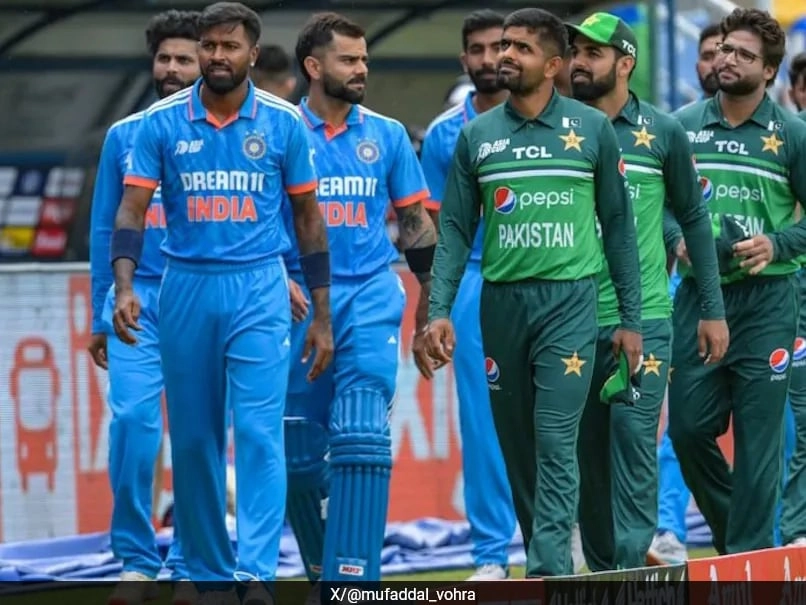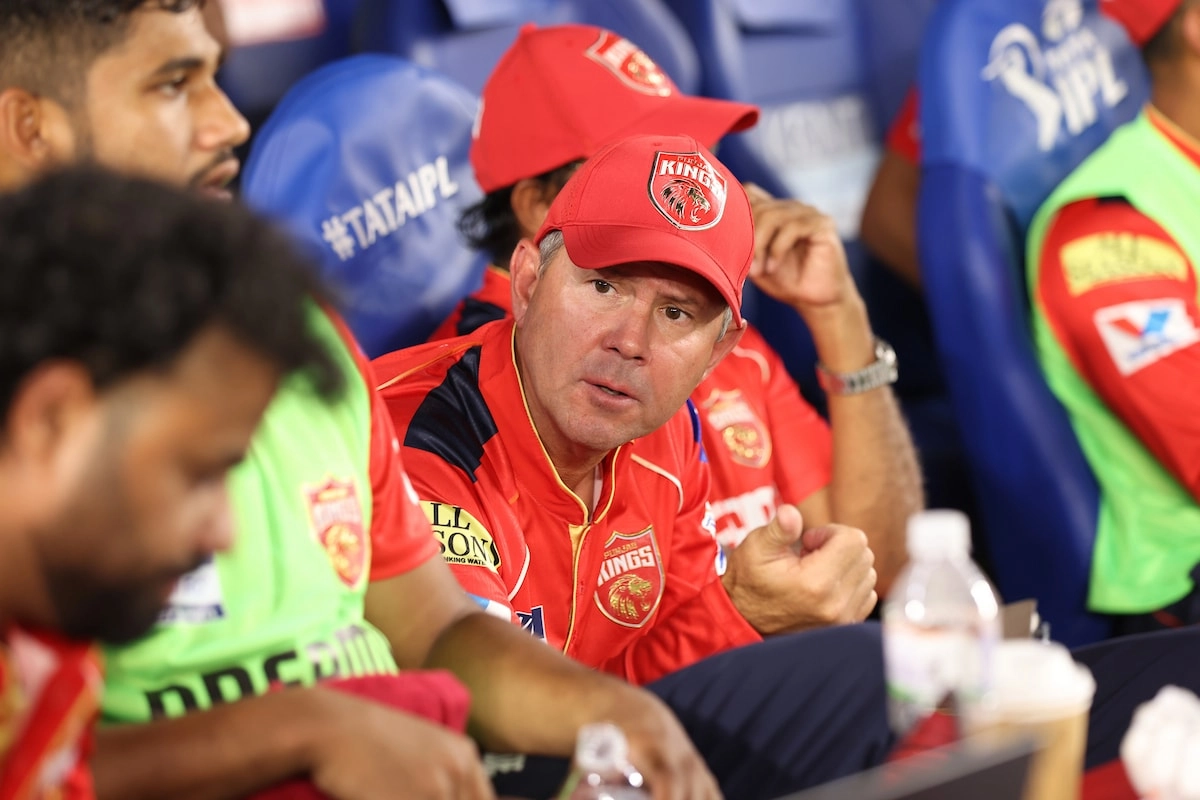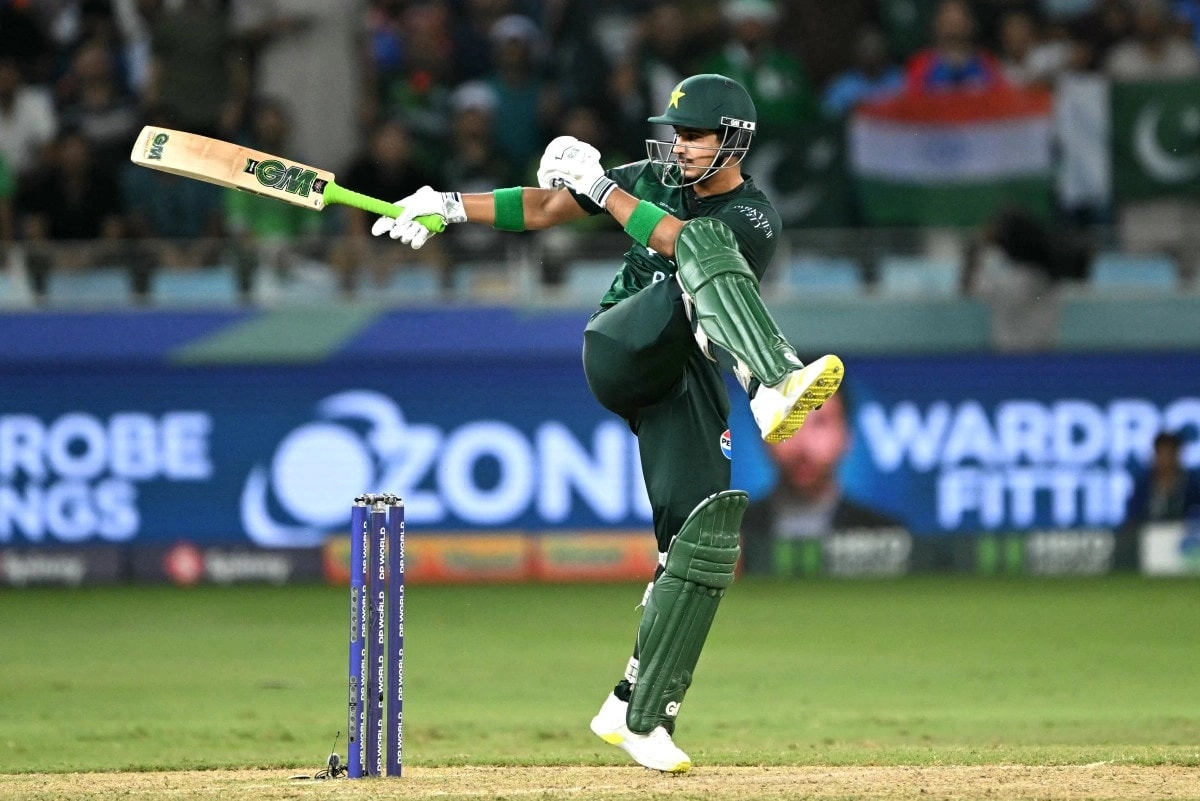The Board of Control for Cricket in India (BCCI) has recently come under fire for what many perceive as a double standard regarding the ongoing discourse about the India vs. Pakistan cricket rivalry. The controversy erupted during an online meeting when discussions pertaining to the future of cricketing ties between the two nations took center stage. Critics argue that the BCCI’s stance appears inconsistent, particularly when it comes to its approach to various international engagements and bilateral series. While the BCCI has expressed reluctance to engage in bilateral matches with Pakistan due to political tensions, it seems to entertain various forms of cricketing interactions in other contexts.
This perceived inconsistency has prompted outrage from fans and cricket analysts alike, who argue that the BCCI’s current position undermines the spirit of the game and the longstanding cricketing rivalry that fans from both nations cherish. Supporters of cricketing ties between India and Pakistan emphasize that these matches carry immense significance for fans and can serve to foster goodwill between the two countries. However, the BCCI’s reluctance to organize direct encounters has raised questions about its commitment to promoting the sport on a broader scale. Critics contend that the BCCI should reconsider its approach and find ways to facilitate cricketing interactions, even if they are limited or occur in neutral venues.
The online meeting has amplified calls for a reassessment of policies that govern cricketing relations between India and Pakistan. Many believe that cricket can act as a bridge to enhance diplomatic ties, even in the face of political challenges. As both nations have a rich cricketing history, the absence of regular encounters is viewed as a lost opportunity to engage millions of fans who look forward to these thrilling matches. The BCCI’s critics urge the organization to take a more proactive stance in promoting cricket diplomacy, which could ultimately benefit not just cricket enthusiasts but also the broader relationship between the two countries.
In conclusion, the backlash against the BCCI underscores a significant divide between sports administration and public sentiment regarding cricketing ties with Pakistan. The online meeting has sparked a debate that resonates beyond the realm of sports, touching upon issues of nationalism, diplomacy, and cultural exchange. As the cricketing world watches closely, the BCCI faces mounting pressure to clarify its position and find a way to navigate the complexities surrounding India-Pakistan cricket. This situation represents not just a challenge for the governing body but also an opportunity to reframe how cricket can contribute to fostering better relations between these two historically rival nations.




